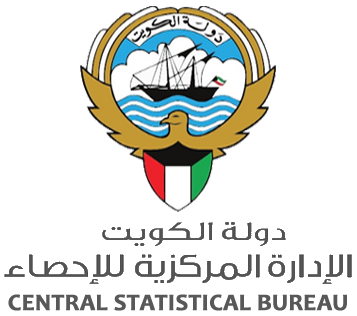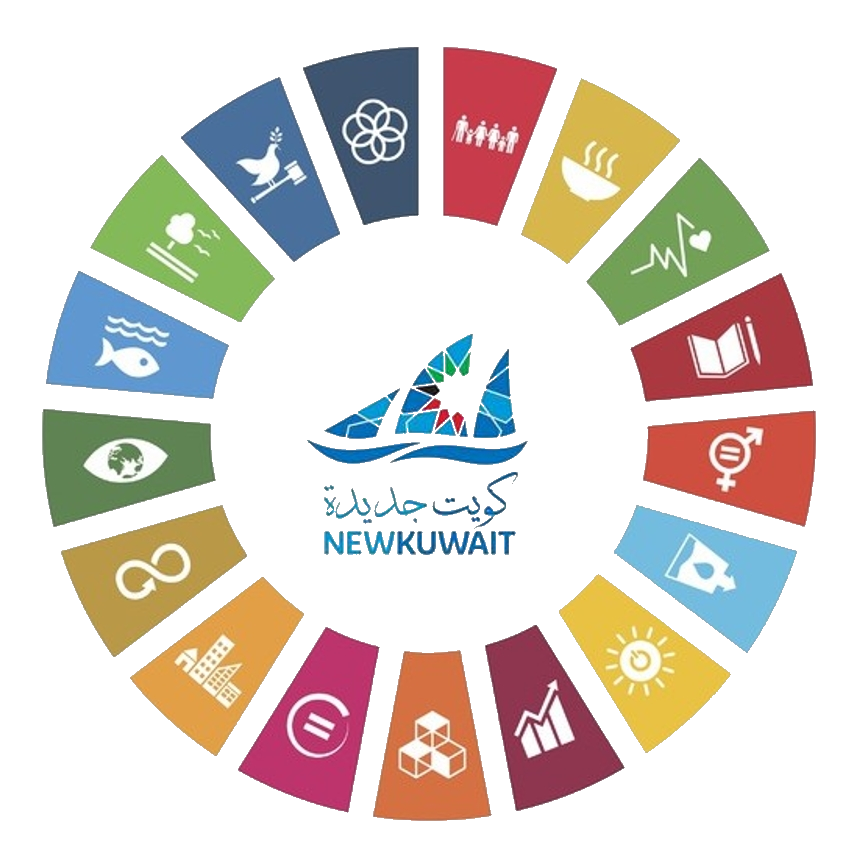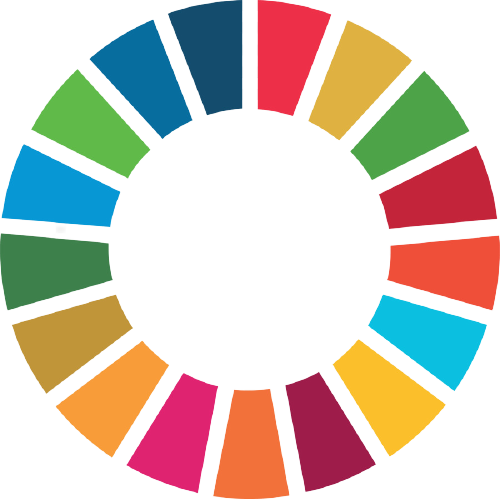 Goal 14:Conserve and sustainably use the oceans, seas and marine resources for sustainable development
Goal 14:Conserve and sustainably use the oceans, seas and marine resources for sustainable development
Number of Target
Indicators Total
Number of Applicable Indicators in Kuwait
The world's oceans – their temperature, chemistry, currents and life – are behind the global systems that make Earth habitable for humanity. Our rain, drinking water, weather, climate, coastline, much of our food, and even the oxygen in the air we breathe are all ultimately provided and regulated by the seas. Throughout history, oceans and seas have been vital channels of trade and transportation.


 Goal Targets
Goal Targets